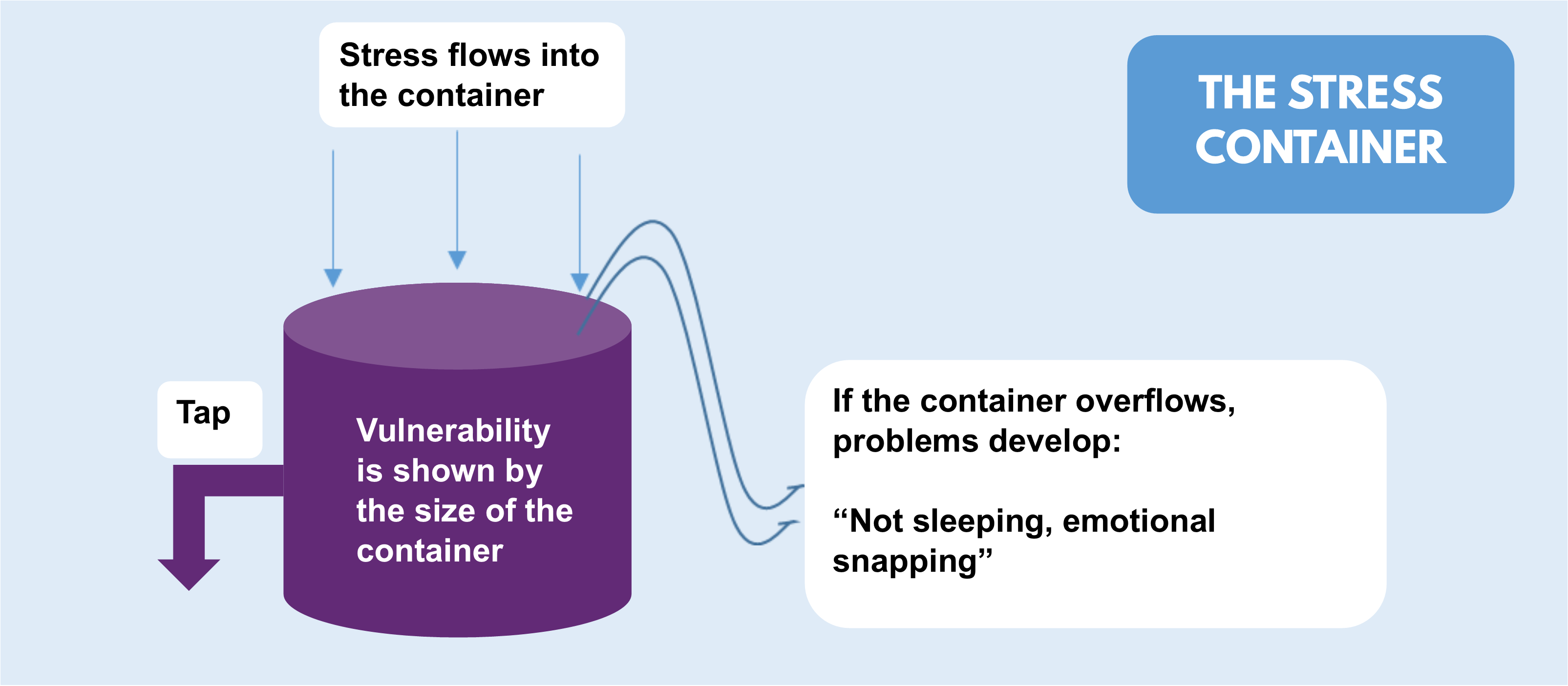
Until recently, first aid to me meant CPR, burns and choking.
The majority of people will attend a first aid training at least once in their working life and will hopefully feel that they have the basic skills and confidence to help someone in a first aid emergency, but what about a mental health emergency? Would these people be able to support a person going through a mental health crisis? Would they be able to spot the early signs of a person developing a mental health issue?
Mental Health First Aid (MHFA)
Until 2001 Mental Health First Aid (MHFA) training was not a recognised training programme. Thanks to Australian Betty Kitchener it now is and I am very fortunate to have been given the opportunity to attend a two day training course. MHFA trainer, Alison Surtees delivered the course at Langworthy Cornerstone back in March 2019 and if you haven’t been on it already I highly recommend you book on to one now.
Why do we need MHFA training I hear you ask?
Well, mental health issues are common. Research indicates that one person in four experience some form of mental health issue in the course of a year and one in 10 children in the UK have a mental disorder at any one time. There is a negative stigma associated with mental ill health, increasing people’s reluctance to seek treatment and their chances of being discriminated due to prejudices. People do not understand mental health, they don’t feel comfortable talking about it let alone seeking professional advice. Greater awareness training and some myth-busting can help people to understand mental health issues and efficiently direct people and ourselves to effective treatments. Finally, to empower members of the general public to respond to a mental health crisis and potentially save a life.
Aim of the course
The aim of the course was to learn how to spot early signs of mental health issues, to feel confident in offering initial help, to help stop mental health issues getting worse, to promote recovery of good mental health, to be able to guide someone towards appropriate treatment and to understand the stigma that exists around mental health. We focused on five of the most common mental health issues, which I guarantee you already know; depression, anxiety, eating disorders, psychosis and substance misuse. We covered four specific mental health crisis’; suicidal thoughts and behaviours, self-harm, panic attacks and reactions to a traumatic event and severe psychotic states.
Although the aim of the training is to provide you with the skills and knowledge to support another individual with their mental health something that stuck with me was the importance of looking after your own mental health and how being aware of the level of your vulnerability and knowing how to manage daily stressors can prevent episodes of mental health.
The Stress Container
Helpful coping strategies (walking, talking to friends, crafts, meditation) – open tap lets the stress out.
Unhelpful coping strategies (working long hours, self-medicating with drugs or alcohol) – tap blocked so stresses fill the container and it overflows.
We all get stressed from time to time and our vulnerability containers have inevitably overflowed once or twice. Next time you can feel your container filling up, don’t stay in work to send those extra emails, turn the computer off and go for a rest on the comfiest sofa you know (this is not a furniture retailer advert after all this, I promise). Your mental health affects your daily life, relationships and physical health and effects your ability to enjoy your life so don’t feel guilty for turning your phone off whilst you go for a ten minute walk, you wouldn’t think twice about picking a banana rather than a cheeseburger so don’t think twice when it comes to opening that tap and releasing your stresses.